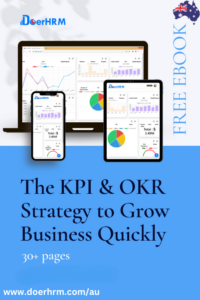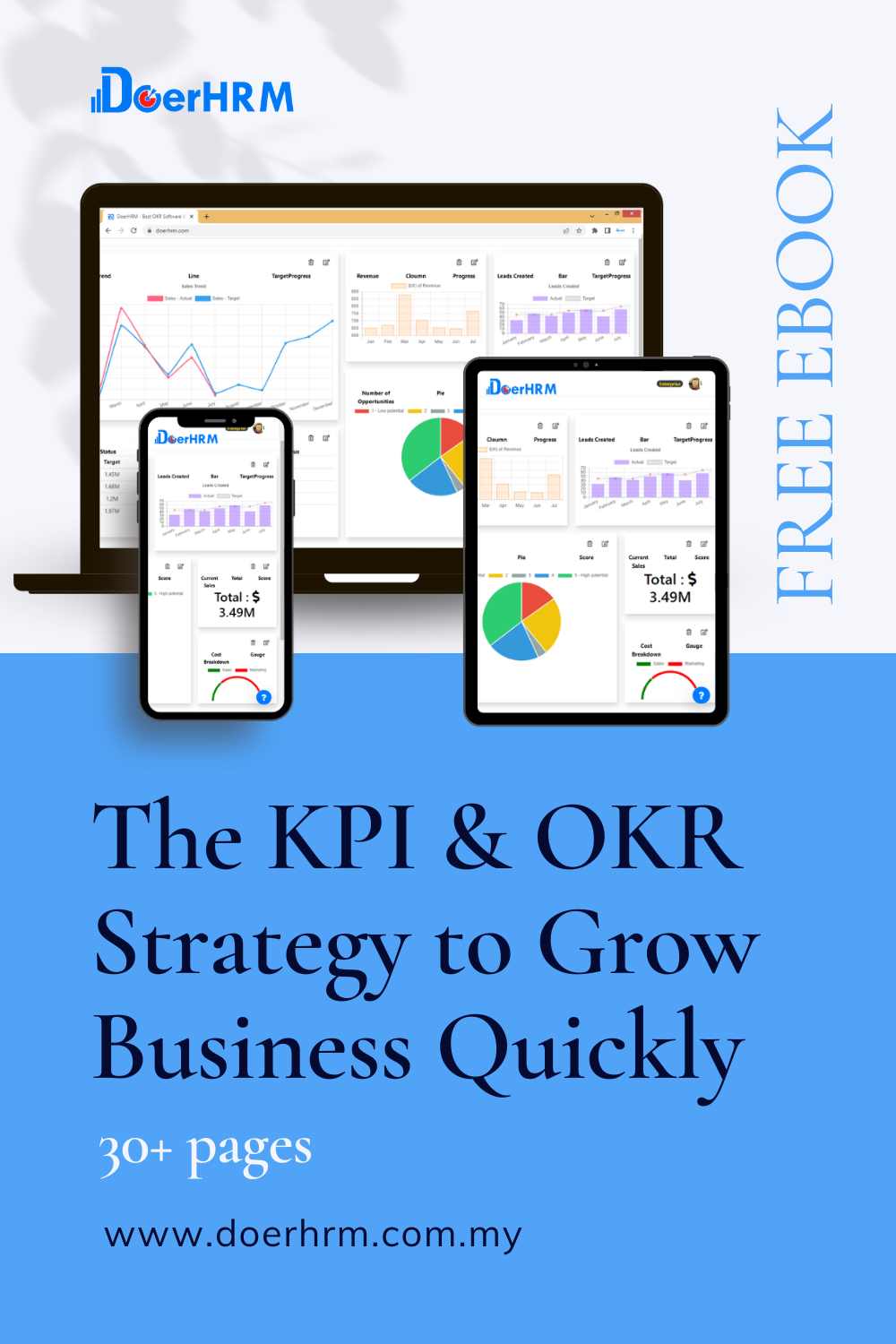The quality of your product or service has nothing to do with your ability to run a profitable company. Instead, success depends on how effectively you can plan ahead, monitor progress, and tweak methods until you reach your goals.
If something is not measurable, it cannot be improved. This highlights the significance of measurements, such as Key Performance Indicators (KPIs) in today’s corporate environment.
Key Performance Indicators (KPIs) are a standard method of measuring an organization’s progress. Simply said, metrics include any quantifiable data, such as the average time a user spends on a website or the amount of revenue generated by the website.
That number may also represent a page’s bounce rate (that one page that made visitors leave your website). Alternatively, the frequency with which a certain term occurs on the page. Remote employee monitoring software allows you to track employees’ activity both in and out of the office.
There is a variety of these measures, making it difficult to focus on the ones that are most relevant to your company. Data collection is crucial, but how can you avoid being overwhelmed by a deluge of numbers you can’t possibly make sense of?
It is important to set precise goals and metrics to measure one’s level of performance. They will act as a compass to direct the organisation in the direction of a course that is consistent overall.
When should you use a metric as a KPIs?
There are a lot of things you can measure, but that doesn’t mean you should. When making business decisions, some numbers just don’t add anything. Before you start keeping track of everything, you should think about what you want to do with the information.
- What do we not know about how we do business?
- If we start measuring something, what decisions will we have to make?
- What should we do if the number is too high or too low?
If you do not know the answers to these questions, it is likely that you do not need to track certain metrics, or that you are not yet prepared to do so.
Metrics and key performance indicators (KPIs) are the same things, although not all metrics can be converted into KPIs. These three requirements need to be met for a measure to be considered a key performance indicator (KPI).
K – It needs to be Key to making decisions
If your company sells things, the number and value of sales are important metrics. You can also keep track of how many people visit your website, but unless they buy something, they don’t do much for you, so you don’t need that metric.
P – It must be able to evaluate Performance
Knowing how many times a certain word appears on the website page you are watching doesn’t tell you anything about how well your business is doing. But knowing that you made a $2,000 sale last week does, though that doesn’t mean it’s a relevant KPI.
I – It needs to be an Indicator of a trend to come
The number of sales from last week doesn’t tell you anything about the future, so it’s not a good KPI. A metric that can also tell you when it’s time to change direction is, however, KPI material. Because of this, KPIs are more important than other metrics you might choose to track.
When it comes to KPIs, what kinds are most often monitored?
Businesses usually track four different kinds of Key Performance Indicators (KPIs) to get a full picture of how they are doing.
Financial Performance
The main goal of any business is to make money. If you keep a close eye on this, you can make sure the boat is going in the right direction. Tracking financial KPIs is a good way to make sure a company meets its financial goals, whether you are worried about the return on investment (ROI) of your latest advertising spending spree or the performance of your profit margins.
Marketing Efforts
For a business to be successful, it needs a complete marketing plan. Marketing KPIs like social networking footprint, cost per lead, conversion rate, etc. are meant to give you a clear picture of how your marketing dollars are spent and whether they are getting you closer to actual sales at the rate you need.
Relationships with Customers
Happy customers are the key to a successful business, so knowing what makes them tick can help you make more sales. Keeping track of KPIs that focus on customer relationships will tell you how happy your customers are and how many of them you keep.
Set up a customer satisfaction survey once a year to find out how they feel about your products and services. Also, try to talk to customers who are leaving and get their feedback, as this can help you improve how your business works.
Productivity of Employees
When it comes to operational costs, it can cost a lot to find, interview, hire, and train new employees. So, once they are on your team, it makes sense to keep track of how well they do at work and how much they get done.
Employee monitoring software lets you keep track of things like how engaged your employees are and how much money they bring in on average. It can also tell you how the performance of your employees affects the success of the company as a whole.
The best ways to use KPIs to boost a business's potential
Once you start measuring your KPIs, you need to act quickly on the information you get in order to keep your company growing. Here are some ways to use the information you get.
Use tools and software to measure. Don’t be afraid to use the right technology to measure KPIs in your company in the easiest and most accurate way. Now that there are tools and software that can put all the data in context and make it easy to understand, you no longer have to worry about getting lost in it.
Make your progress visible. Celebrate the small wins just as much as the big ones. If a new way of doing things is working well, telling the team about it will give them more motivation and push them to reach bigger goals.
If something works, do more of it. If some parts of your business are doing better than others, there’s no reason to change them in a big way. If anything, you should find a way to improve the strategies they’ve already used and spread them to other parts of the company that could use them.
Final Takeaways
Monitoring company, team, and individual KPIs on a regular basis is now a must for business growth. But having too many KPIs that aren’t clear is worse than not having any at all. It takes attention away from things that help the business grow and can lead the company to fail in the long run.
Don’t forget that KPIs aren’t and shouldn’t be set in stone. They let employees know what the company’s goal is and draw their attention to it. So, as your business goals grow and change, your KPIs need to be updated and changed to reflect that.










Reading your article helped me a lot and I agree with you
Thanks for sharing. I read many of your blog posts, cool, your blog is very good.
Thanks for sharing. I read many of your blog posts, cool, your blog is very good.
I am sorting out relevant information about gate io recently, and I saw your article, and your creative ideas are of great help to me. However, I have doubts about some creative issues, can you answer them for me? I will continue to pay attention to your reply. Thanks.